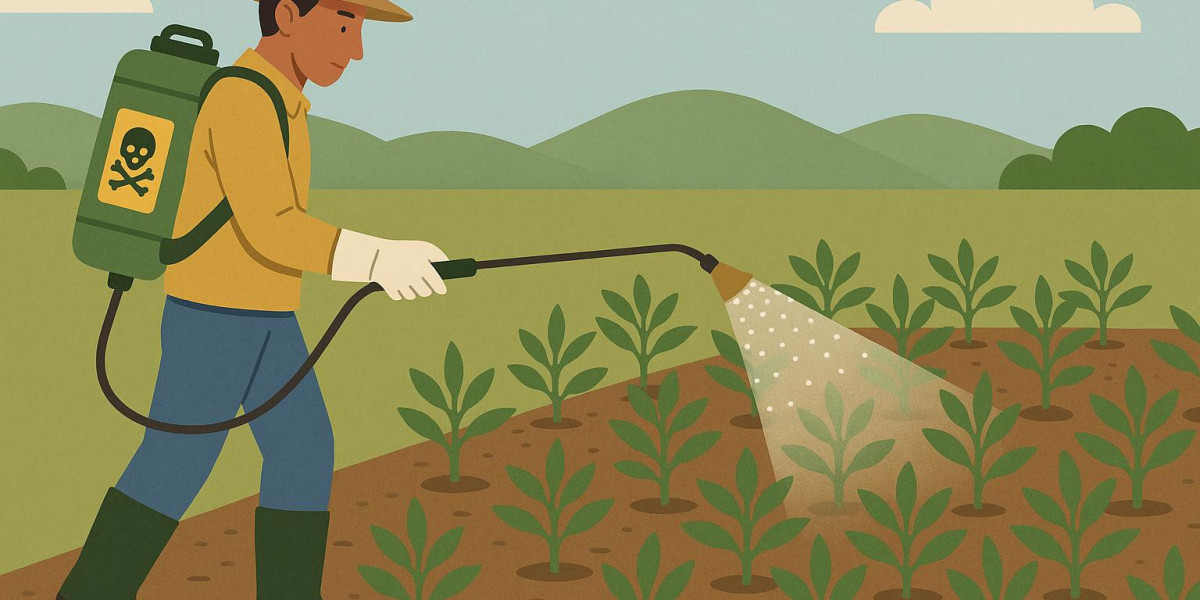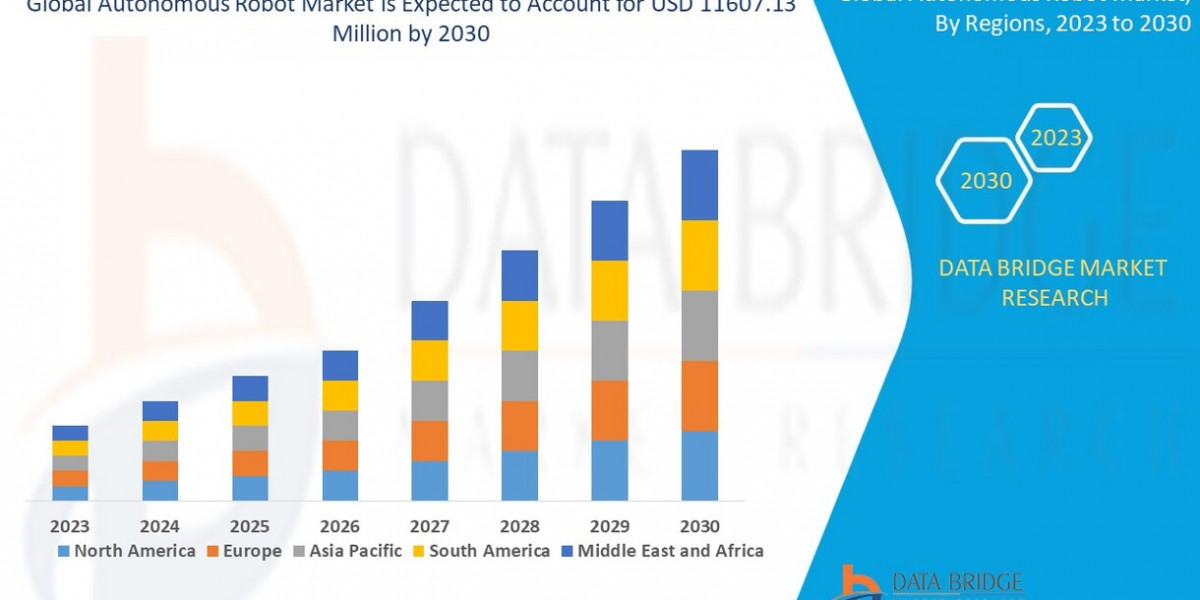What Role Do Pesticides Play in Modern Agriculture?
Crops are shielded by pesticides from diseases, weeds, and pests that endanger food security. As per the Food and Agriculture Organisation (FAO), pests still cause up to 40% of all crops to be destroyed every year. In both conventional and organic systems, approved synthetic and organic insecticides serve as instruments to stop these losses.
Pests continue to evolve in spite of agroecological advancements. Because of their endurance, infestations can seriously reduce yields in even organic crops if no action is taken. In order to safeguard their livelihoods, farmers frequently have little alternative but to take swift action.
How Do Organic Systems Control Pests?
Although organic farming uses naturally produced materials that have been certified by certifying authorities, it does not completely reject pesticides. Neem oil, pyrethrin, and copper sulphate are typical examples. Although these compounds are permitted by laws such as the USDA Organic and EU Organic Certification, they are not necessarily as durable or effective as synthetic substitutes.
Methods used in organic systems include:
Crop rotation and companion planting to confuse pests.
Mechanical removal or barriers such as nets and row covers.
Use of beneficial insects like ladybugs and predatory wasps.
These strategies reduce pest populations but often require more labor and do not guarantee total crop protection.
Why Organic Farming Still Faces Pest Pressure
Organic farming increases soil health and biodiversity, but it does not completely remove the possibility of pests. Regardless of farming practices, pests like fruit flies, aphids, and fungal diseases still pose a hazard to crops. Because of the year-round growth season and humid climate, the danger is significantly greater in tropical and subtropical areas.
Organic insecticides decompose faster and are frequently less effective. This may necessitate more volume usage and frequent reapplications, which could occasionally increase the environmental impact. They might also be imprecise, which could harm species that are not their intended targets.
Does Organic Agriculture Feed the World
Not totally. Today, fewer than 2% of the world's food comes from organic farming. According to a meta-analysis published in Nature, its yields are typically 19–25% lower than those of traditional farming, which limits its capacity to independently supply the world's food needs. In terms of scale and dependability, conventional methods frequently perform better than organic for staple crops like rice, wheat, and maize.
High-value crops, horticulture, and specialty markets all benefit greatly from organic farming practices. However, global food systems continue to be susceptible in the absence of crop protection, whether it be synthetic or organic.
Balancing Organic Ideals with Practical Crop Protection
Organic farming emphasizes ecological balance, but severe pest outbreaks can disrupt these systems. In emergency cases, even organic farmers may resort to organically approved insecticides that still have environmental risks if misapplied.
The decision between using organic or synthetic methods often depends on:
Severity of pest pressure.
Value and sensitivity of the crop.
Climate and seasonal variability.
For instance, many people still opt to purchase gardening pesticides for targeted protection that is consistent with sustainable usage principles in home gardening, where pest infestations can destroy flowers, fruits, or herbs overnight.
Choose products labeled for organic or low-impact use.
Always follow dosage instructions to avoid resistance.
While synthetic pesticides aren't used in certified organic production, they're still vital in conventional farming sectors that complement organic supply chains.
Can Integrated Pest Management Replace Pesticides?
Integrated Pest Management (IPM) integrates biological, mechanical, cultural, and chemical control techniques. It supports minimal pesticide use and encourages pest monitoring to apply treatments only when thresholds are reached.
IPM is used in both organic and conventional systems and includes:
Use of pheromone traps and visual lures.
Real-time pest surveillance technologies.
Selective spraying when economically justified.
IPM is pesticide-smart, not pesticide-free. Without running the danger of catastrophic crop loss, it encourages the slow transition to sustainable farming. According to UC Agriculture and Natural Resources, IPM adoption can reduce pesticide use by 50% while preserving crop yields.
“The issue isn’t whether we use pesticides, but how intelligently we apply them to preserve both food and ecosystems.” – Professor Elias Werner, Environmental Agronomist
Are Biopesticides a Safer Alternative?
Biopesticides are gaining traction as an eco-friendlier alternative. Derived from bacteria, fungus, and plant extracts, they frequently offer lower dangers to non-target species and break down swiftly. Their use is advocated in both organic and precision farming sectors.
Common biopesticides include:
Bacillus thuringiensis (Bt): used against caterpillars.
Spinosad: derived from soil microbes, effective on soft-bodied insects.
Azadirachtin: the active compound in neem, used to disrupt insect hormones.
However, biopesticides may require more frequent application, are sensitive to sunlight and rain, and can be less effective in high-infestation scenarios.
Is Resistance a Growing Problem?
Yes. Pests evolve resistance to both synthetic and organic pesticides. Over 500 insect and mite species have developed resistance to at least one pesticide, including some organic-approved compounds. Over-reliance on a single control method accelerates this process.
Diverse approaches like crop rotation, resistant seed varieties, and alternating pesticide classes are essential. Resistance management requires a long-term strategy beyond simply choosing organic or synthetic products.
Can We Fully Transition to Chemical-Free Farming?
Full chemical removal remains unlikely at global scale. Natural systems are unpredictable, and biological regulation isn't always sufficient. Certain high-yield crops, especially monocultures, need external inputs to be viable under market demands.
Chemical-free farming is viable in tiny plots, urban gardening, or permaculture settings, where close monitoring is possible. However, scaling this to feed billions remains a challenge, especially in countries with changeable temperatures, fragile soil systems, or chronic pest populations.
Are Consumers Driving the Shift?
Yes, consumer demand is transforming agricultural techniques. Many shoppers prefer low-residue produce and eco-labels. This has pushed merchants and supply chains to want transparency in pesticide use and certifications. However, informed customers also recognize that prudent pesticide use, both organic and synthetic, is preferable than crop loss or food scarcity.
Transparent labeling, greater information, and certifications like GLOBALG.A.P. are helping customers make more nuanced decisions instead of thinking all pesticide use is dangerous.
What Happens If We Ban All Pesticides?
Historical examples illustrate that unexpected restrictions without alternatives can lead to catastrophes. For example, when Sri Lanka outlawed all chemical pesticides in 2021, the effect was a dramatic decline in yields and increased food imports. The administration later altered the decision due to public uproar and increased pricing.
Gradual shifts, underpinned by scientific study and farmer training, are more effective. Bans should only occur when safe and effective alternatives are available, scalable, and economically viable.
How Do Pesticides Fit in Climate-Resilient Agriculture?
Climate change is increasing the incidence of pests, making crop protection more vital. Warmer winters and changed rainfall patterns cause bugs to develop faster and move to other places. This has led to an upswing in pest epidemics across Europe, Asia, and North America.
Pesticides—both organic and synthetic—are tools to protect crops under these altering conditions. The future of climate-smart agriculture will likely include smarter insecticides, sensor-driven applications, and biodegradable compounds that adapt to ecosystem needs.
Frequently Asked Questions
Do organic farms use pesticides?
Yes. They use approved natural substances like neem oil, pyrethrin, or sulfur-based fungicides under strict regulations.Are synthetic pesticides always harmful?
No. When used correctly, many modern pesticides have low toxicity and are designed to target specific pests, minimizing environmental impact.Is pesticide-free the same as organic?
No. Organic refers to specific farming practices and inputs. Pesticide-free may mean none were used but does not guarantee organic standards were followed.Can pests be managed without any pesticides?
In very small-scale or controlled environments, yes. But on commercial farms, especially during outbreaks, some form of intervention is often necessary.Do organic pesticides cause resistance too?
Yes. Repeated use of any pesticide, even natural ones, can lead to pest resistance over time.
Future Outlook: Adaptive Approaches over Absolutes
The true question is not whether pesticides are necessary, but how to utilize them within the broader context of sustainable farming. The answer rests in adaptable strategies that prioritize health, biodiversity, and productivity without rigidly picking sides between organic or conventional.
Emerging technologies including gene-edited crops, real-time pest monitoring, and precision spraying systems are closing the gap. As science progresses, the distinction between organic and conventional farming will become less polarized, concentrating more on outcomes than on labels.
Pesticides—especially those created with ecological safety in mind—will continue to serve as essential instruments. Not because they are ideal, but because nature, pests, and climate are ever-changing. Farmers will need every responsible choice available to keep crops thriving in an uncertain future.







